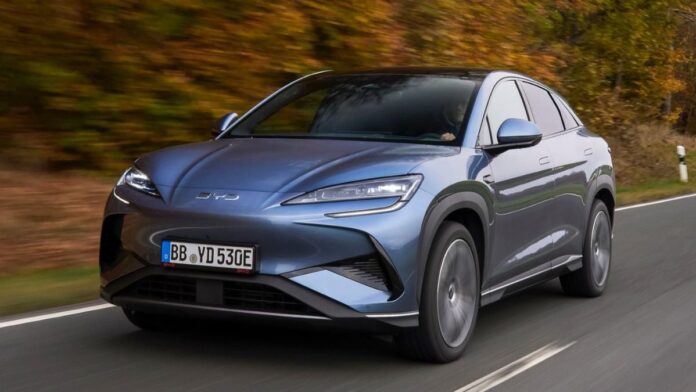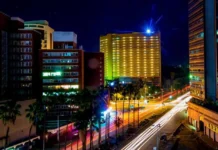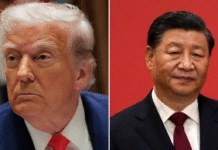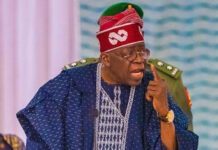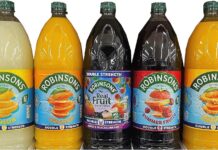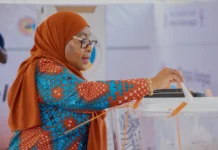BYD is the world’s largest maker of new energy vehicles (NEVs), with over 1 million staff members worldwide.
BYD has sold more cars than its American rival, Tesla, and is starting to gain traction as a new electric car leader, even if many of its sales included hybrids.
The company has been steadily expanding its presence in South Africa, launching its Dolphin, Seal, Sealion and Shark models.
It has recently launched the BYD Dolphin Surf, which starts at R340,000 and is the first electric car that appeals to the mass market.
Speaking to BusinessTech, BYD Executive Vice President Stella Li said the company is looking to massively expand its charging infrastructure in the country.
This includes investing 200 to 300 charging stations in 2026 and launching 1MW fast-charging stations.
Although a 1MW fast-charging infrastructure will exist in South Africa, Li said that the batteries will only be able to charge at that speed in the near future, with no current BYD cars able to charge at that speed.
The new stations will start off by being expanded in the group’s dealerships, then expand to the nation’s highways, and finally, to congested urban areas.
The highway network will likely feature charging stations at popular fuel stations nationwide.
On top of the fast-charging networks, BYD is also looking to expand its solar coverage across South Africa.
This solar coverage will help increase access to electric vehicle charging, but will be at far lower speeds than current levels allow.
Although Li could not confirm the amounts that would be invested in South Africa, she confirmed that the automaker, which has a market cap of around R2 trillion, would invest “a lot” in South Africa.
No vehicle manufacturing just yet
BYD Executive Vice President Stella Li
Despite the increasing global push of BYD into South Africa, the company has no concrete plans to start manufacturing vehicles in South Africa.
Li said that BYD is still a very new player in the South African automobile space, and that is still far in the future.
This comes despite South Africa’s strong vehicle manufacturing capabilities, access to critical metals, and an increased number of other international players cutting back in South Africa.
For instance, Ford recently announced that it would retrench 500 staff members in South Africa, which, despite the US tariffs, the American company said was done in a bid to streamline operations.
Li welcomed competition from established automakers in South Africa who are branching out into electric vehicles.
One of BYD’s largest competitors in the local market is Volvo, which, despite being a Swedish brand, is actually owned by the Chinese company Geely.
Many others, including Mercedes, BMW and Porsche, are also selling electric cars in South Africa, even if uptake still remains far behind developed nations.
While BYD is still expanding its market share in South Africa, several other brands, such as Chery and GWM, have quickly established strong sales nationwide.
India is also looking set to compete in the local market following the relaunch of Tata Motors. Currently, over one-third of vehicles sold in South Africa are exported from India or China.
With reporting from Bloomberg


